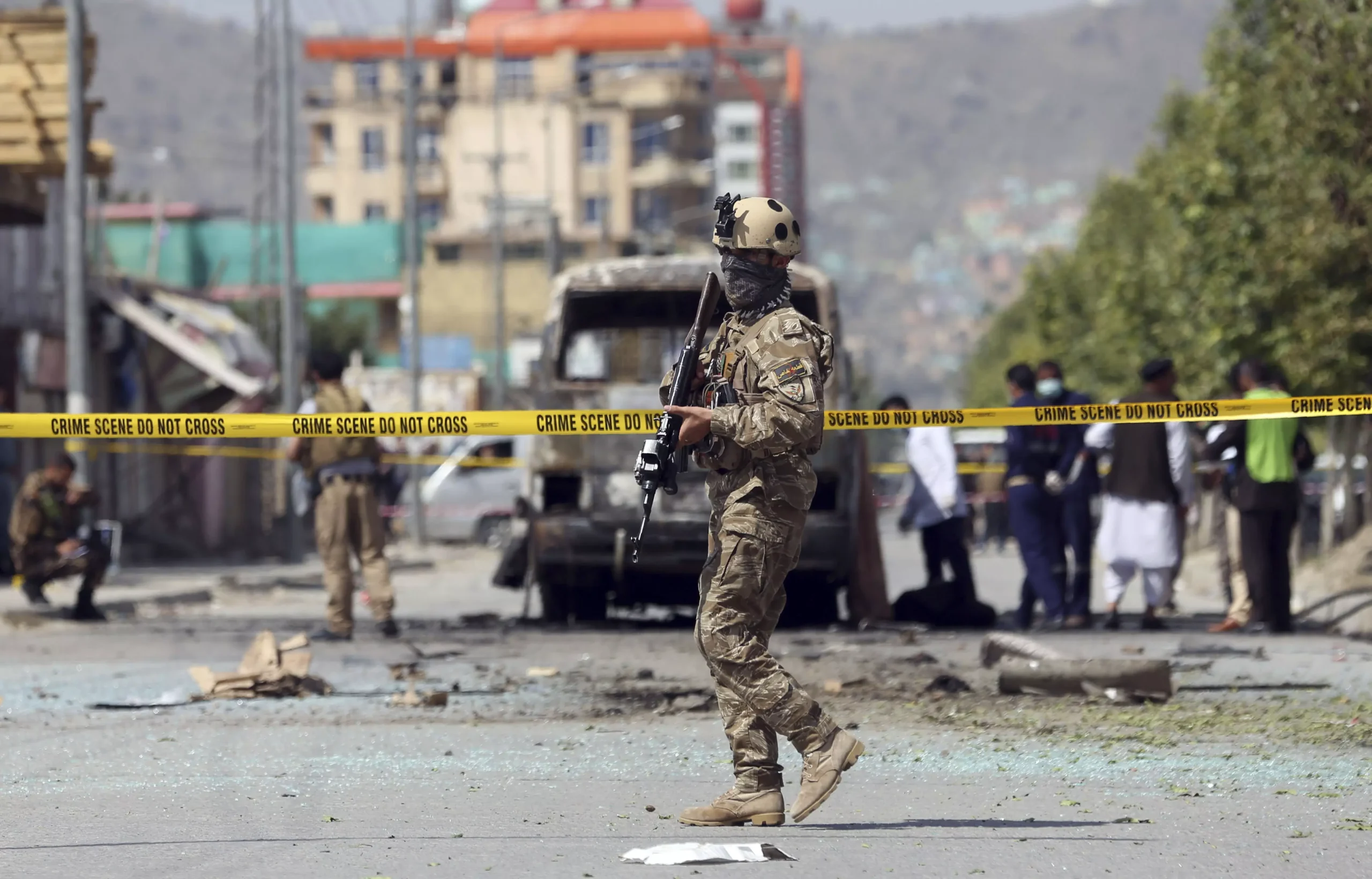In a shocking incident unfolding in western Afghanistan, a lone gunman stormed into a mosque, claiming the lives of six worshippers, as reported by a government spokesperson on Tuesday. The assailant targeted civilians during evening prayers in Herat province’s Guzara district on Monday, according to Abdul Mateen Qani, the Interior Ministry spokesman.
The tragic attack, which occurred around 9:00 pm local time, left six individuals dead and one injured, as disclosed by Qani via the social media platform X early Tuesday.
Local accounts shed light on the targeted nature of the assault, with residents asserting that the mosque predominantly served the minority Shia community. Situated just south of Herat city, the mosque witnessed the loss of its imam and even a three-year-old child in the deadly rampage. Contrary to official statements, eyewitnesses claimed that a trio of gunmen orchestrated the onslaught.
Ibrahim Akhlaqi, brother of the slain imam, recounted the harrowing event, stating, “One of them was outside and two of them came inside the mosque, shooting the worshippers. It was in the middle of the prayers.” The toll of the attack was grim, leaving those inside either dead or wounded, as confirmed by Sayed Murtaza Hussaini, a 23-year-old local.
While no group has yet claimed responsibility, fears loom over the involvement of the Islamic State (IS) group, notorious for targeting Shia communities across Afghanistan. Despite assurances from the Taliban government regarding the protection of religious and ethnic minorities since their takeover in August 2021, little tangible progress has been made, according to human rights monitors.
IS’s malevolent presence has been felt acutely, with the most haunting incident occurring in 2022—a suicide bombing at an education centre in Kabul’s Shia neighborhood claimed the lives of at least 53, mostly young girls and women. Although Taliban officials attributed the attack to IS, doubts persist regarding the extent of IS’s eradication from Afghan soil since the withdrawal of foreign forces.
Amidst conflicting narratives, Taliban authorities have been accused of downplaying security threats, frequently providing lower death tolls following attacks. While a United Nations Security Council report in January noted a decline in IS activities due to Taliban counter-terrorism efforts, concerns linger over the group’s lingering influence and its potential to pose threats beyond Afghanistan’s borders.


